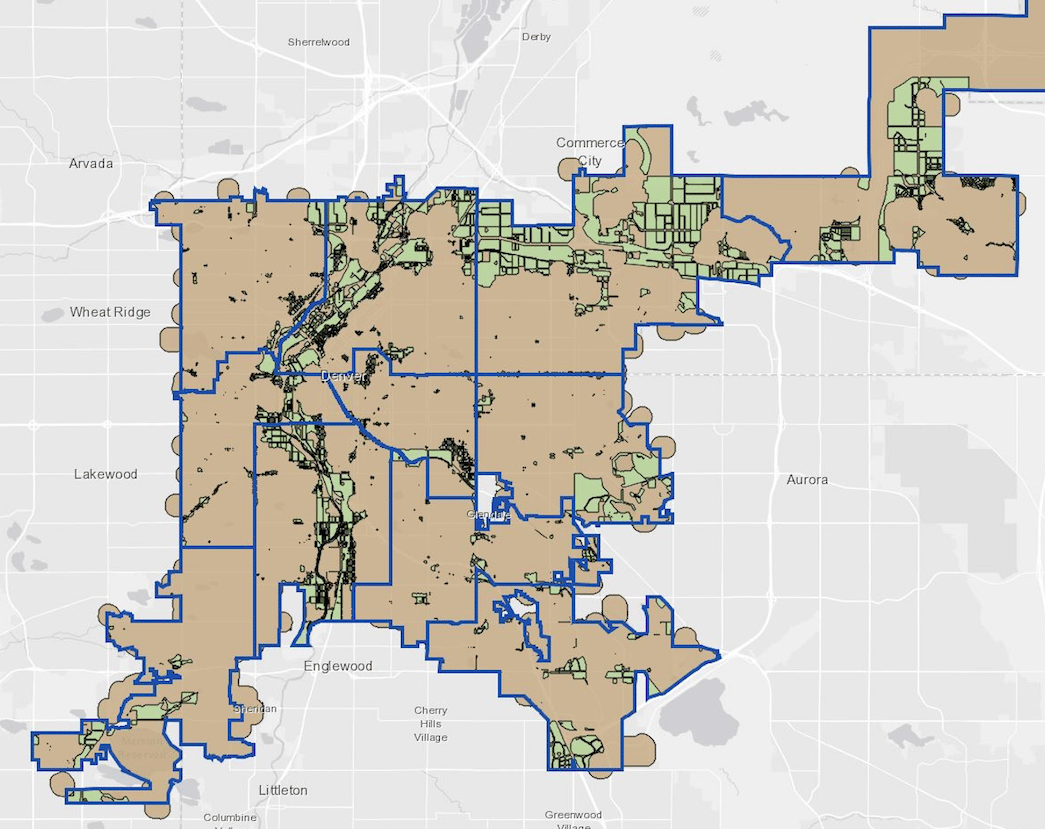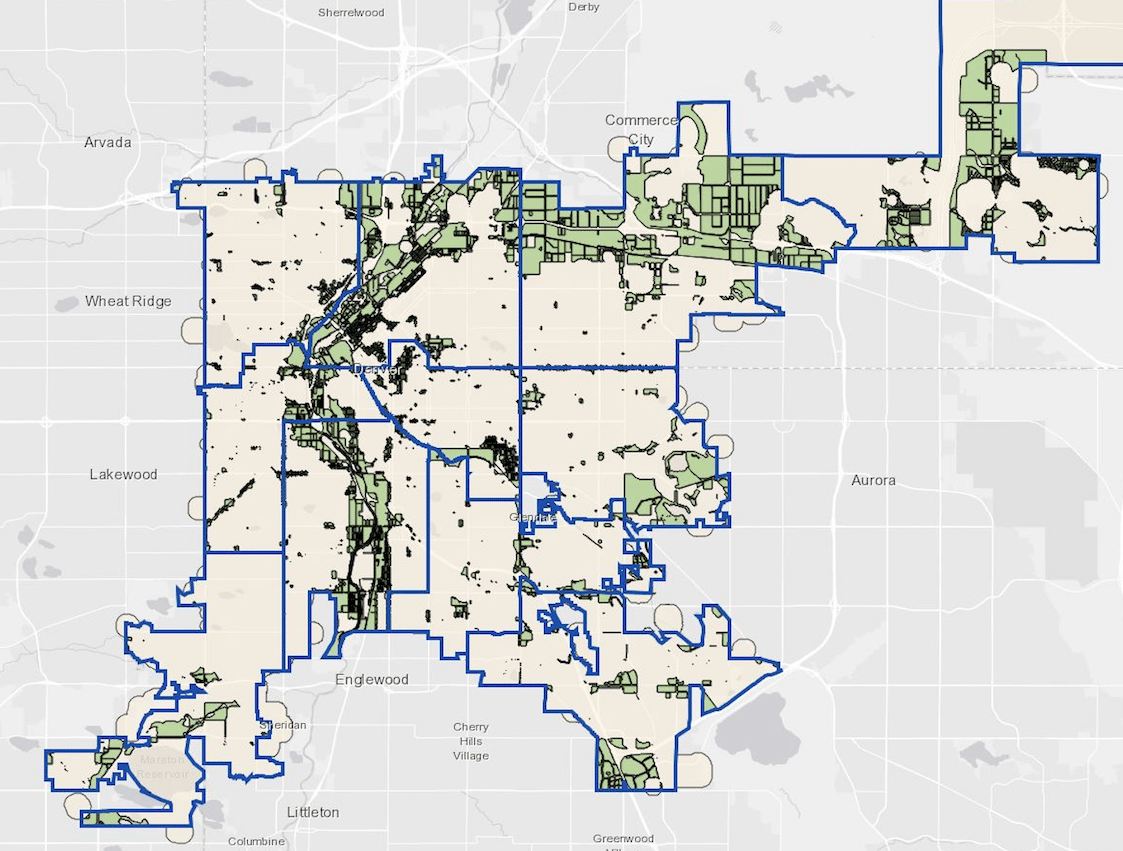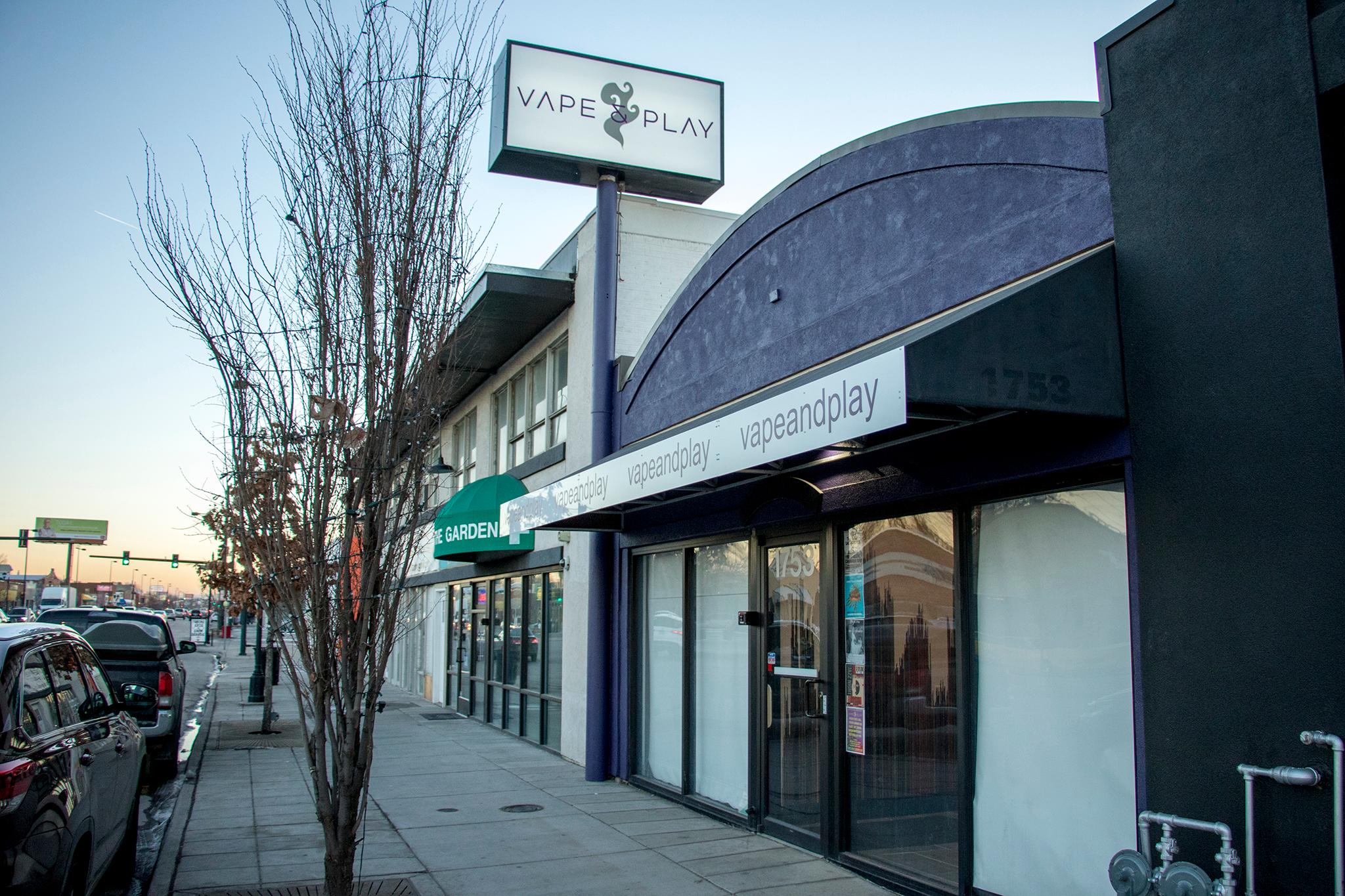Denver has two licensed lounges where people can ingest marijuana legally. That tiny number stems from rules that dictate where entrepreneurs can open them, some council members say.
Elected officials discussed whether to relax those rules Monday.
Voters legalized "social consumption" with the caveat that business owners would not open any spots within 1,000 feet of a school, day care, rehab center or public pool. Under a proposal sponsored by City Councilwoman Kendra Black, the setbacks for schools would remain the same, but the others would drop to 500 feet in hopes of sprouting new businesses and moving marijuana use out of public view.
"There are many more people we've heard from but report that they can't find a location (to open a club)," Black said. The buffers "frustrate the intent of the law," she added.
The council will vote on the measure next Monday, two days after 4/20, Denver's smokiest day.
The maps below show where weed lounges are allowed now and where lounges would be allowed under the new rules (in green). The visuals are a little misleading -- just because an area is green doesn't mean the location is on the market. And just because an area is beige doesn't mean it's inside the buffer. Zoning and parks, for example, prevent any business from opening, let alone a weed spot.


The bill would let registered neighborhood organizations challenge new business applicants.
There are three main arguments against changing the rules.
Kids and recovering drug users will be more exposed to weed, some say. Others say the change won't result in more lounges because it opens up only 2 miles of real estate, according to the Denver Department of Excise and Licenses. Some opponents want to wait and see if the state boosts the industry with looser regulations.
Mayor Michael Hancock, along with several public health institutions and advocates, oppose changing the buffers.
"The mayor reiterated his values around the regulation of marijuana -- to balance the needs and wants of all while protecting Denver's neighborhoods, youth and public safety," wrote Ashley Kilroy, head of Denver's business licensing office, in an email to council members. "The mayor stands with our health care partners and other youth-serving organizations who understand the challenges faced by our kids today."
City Councilman Kevin Flynn said space restrictions are not the problem, the business model is, and opening up 2 square miles won't change that. Marijuana clubs rely on people to bring their own product because they're not allowed to buy it where they smoke it under state law.
"What I think we're dealing with here is a junk vehicle, a car with a blown engine, and we're trying to fix it by washing the windshield and putting air in the tires," Flynn said.
He wants to wait and see what happens with a bill that would let clubs sell the marijuana used by its clients.
Changes to state laws could do more to incentivize business owners.
Denver's business licensing office says some state laws are bigger barriers than Denver's setbacks. One bans people from using marijuana where they buy it. Another sets standards for indoor air quality, making smoking -- as opposed t0 vaping -- illegal in most cases.
"State law is probably the biggest impediment to finding a viable business model," said Eric Escudero, a spokesperson with Excise and Licenses.
City Councilwoman Robin Kniech was blown away that she and her colleagues had spent so much time on what she sees as benign setbacks while homelessness and transportation problems abound.
"The number one thing related to youth marijuana is parental time and parental persuasion," she said. "I don't want parents to think that we have protected their kids from marijuana by one thousand feet versus 500 feet. The only thing that can protect kids from marijuana is by having these conversations."
The council voted 9 to 2 to advance the bill to next Monday's legislative meeting for a full vote. Councilwoman Debbie Ortega abstained.













